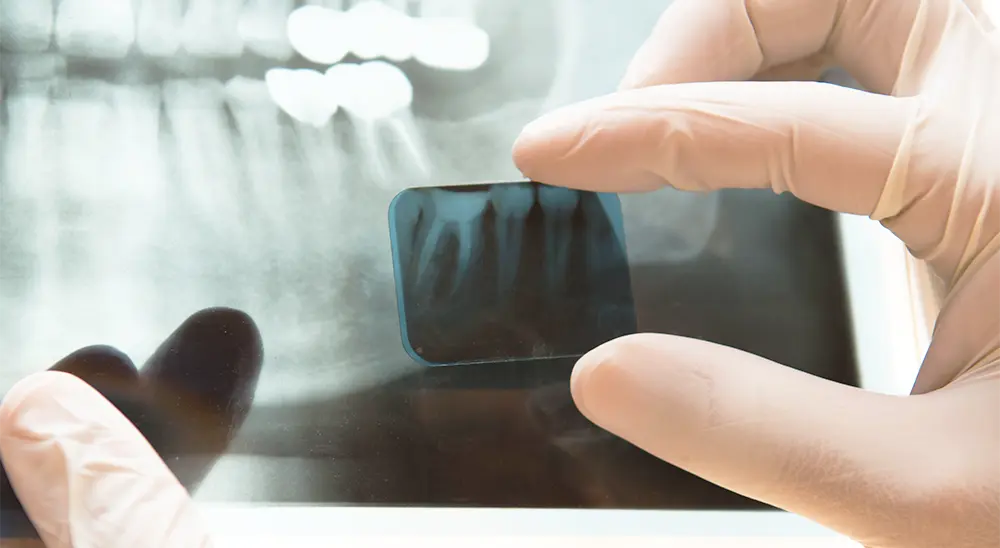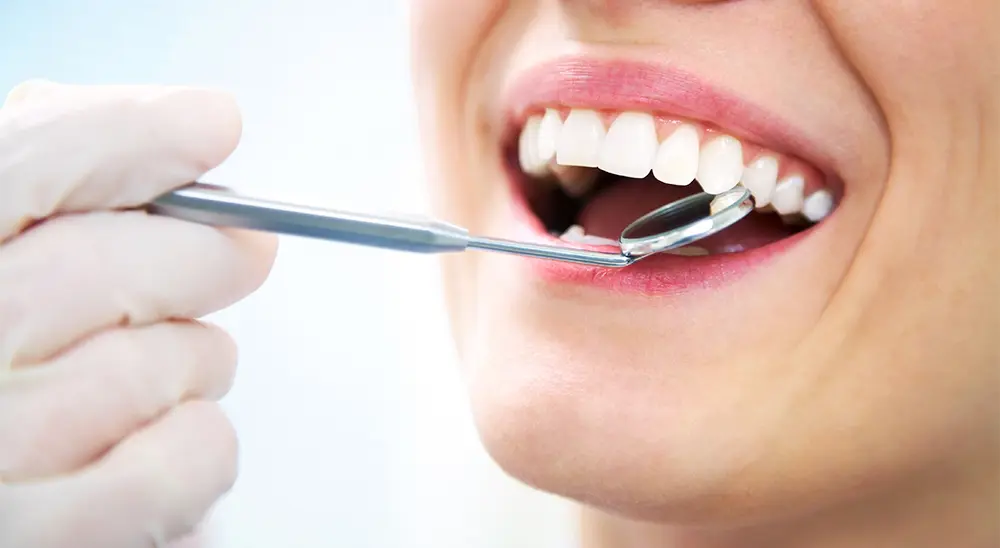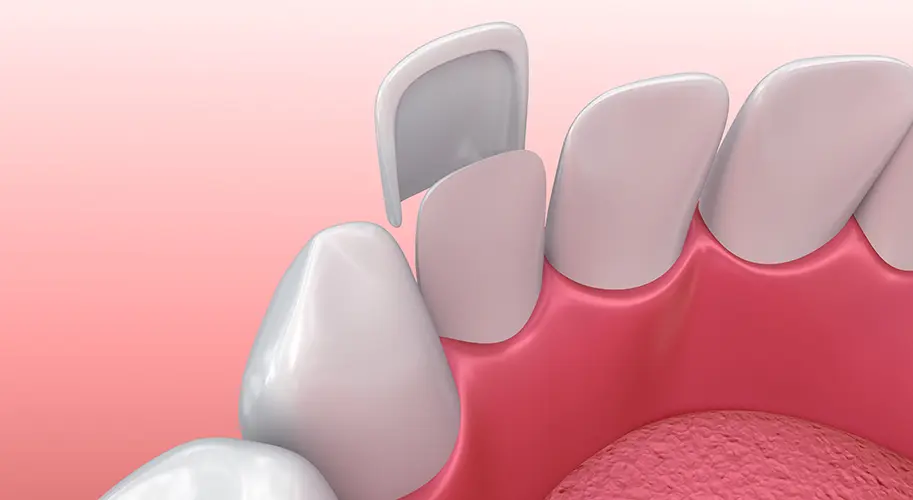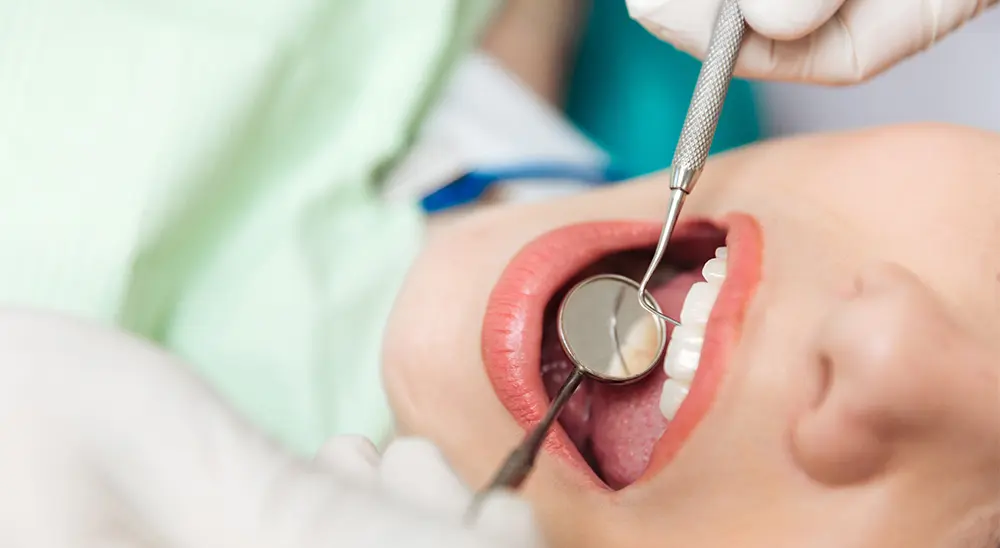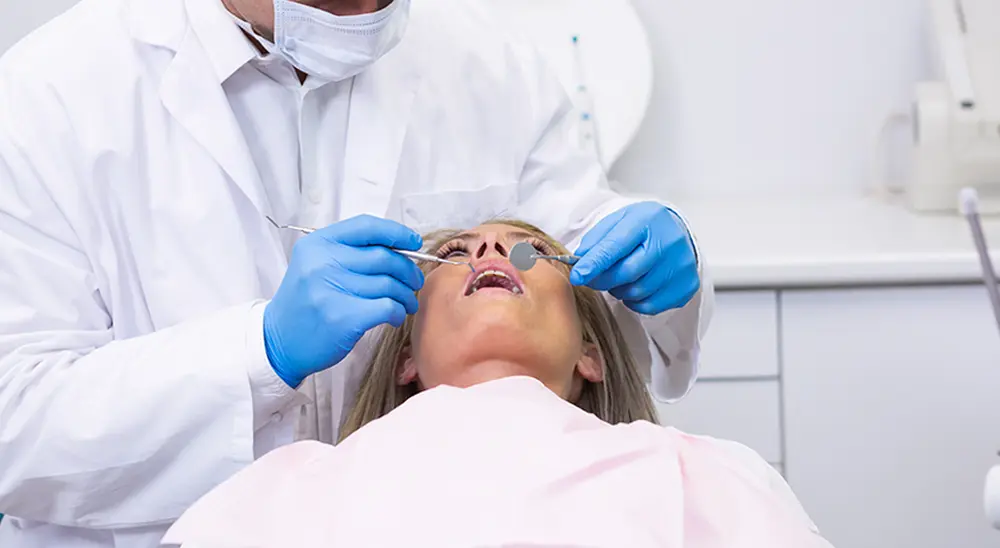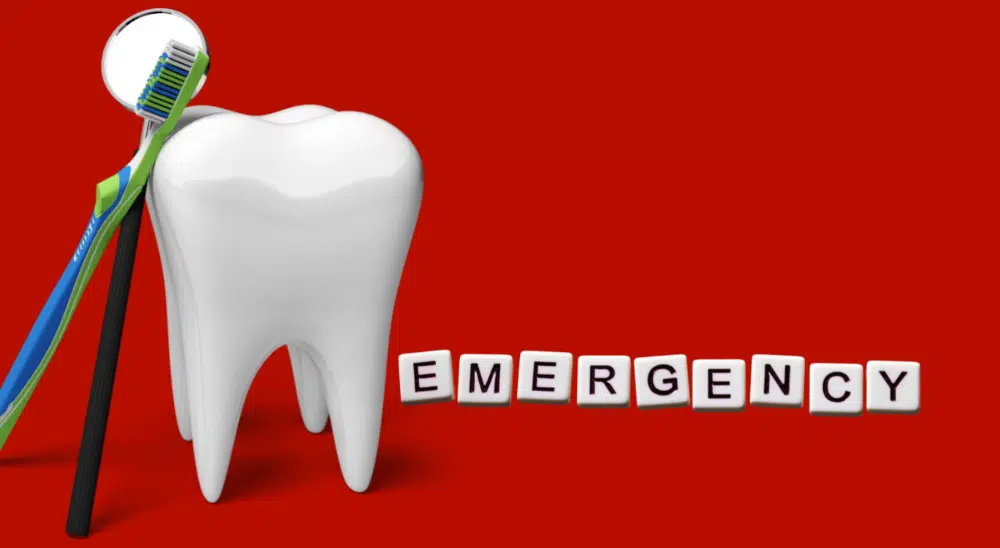
Emergency dental care
When to go to the dentist urgently?
Often, in the presence of a sudden dental problem, we go for painkillers, postpone or neglect the situation, not realizing what consequences this may have for our oral and general health. Therefore, it is crucial whether you can determine what kind of situation you are facing at the moment – an emergency, in which you should seek dental care immediately or one whose treatment you can plan in time.
Emergency dental care is considered to be any condition characterized by severe pain, uncontrollable bleeding, fracture, broken tooth, abscess, the presence of a problem with an orthodontic appliance that would injure the mucous membrane in the oral cavity or infections that can be life-threatening.
In our new article, we will introduce you in more detail to the most common emergencies in which you need to visit your personal dentist immediately.
Knocked out tooth
When a tooth is knocked out, you need to take immediate action to increase your chances of saving it. If it is out of the mouth for more than 60 minutes, the dentist will probably not be able to reimplant him. Therefore, when knocking out a tooth, it is necessary to grab it from the crown, and not from the root, whereby to touch you can damage such important fibers for its replacement in the tooth socket.
If you fail to keep it in the teeth row, keep the tooth moist outside the oral cavity in a sterile container filled with milk. Do not replace milk with tap water.
Broken (fractured) tooth
In case of a broken or fractured tooth, it is recommended to rinse the oral cavity with warm water and then apply a cold compress. This will reduce the swelling. If bleeding is present, apply pressure with a piece of sterile gauze to the bleeding area for about 10 minutes.
Your personal dentist will determine the extent of the fracture and prepare the most appropriate treatment plan that aims to preserve the tooth. In most cases, the treatment is endodontic or restoration of the broken part with a crown or obturation (filling) is undertaken. Sometimes the tooth is removed and replaced with a dental implant, but in most cases, this is necessary (unless the fracture is very large) when the patient has not sought timely dental care.
Abscess
An abscess is a severe infection in the oral cavity that affects the gums, the root of the tooth, or both. It is caused by bacteria that quickly inflame the soft and hard tooth tissues and can cause severe pain, swelling, fever, tooth sensitivity, or the presence of pus in the oral cavity. In such cases, drainage of the affected area and antibiotics may be necessary.
Other potential dental emergencies
- Broken or cracked jaw.
- Fallen or broken tooth restoration (eg crown or bridge).
- Severe pain of any nature.
- Objects stuck in the oral cavity.
- Orthodontic appliances, causing discomfort or injury to the mucous membranes.
- Rupture of an orthodontic wire or breakage of an apparatus that pierces or injures the oral mucosa.
- Swelling of the mucous membranes in the oral cavity, which potentially threatens the patient’s respiratory tract.
- Treatments that are not performed according to a protocol and cause pain (high obturation, unsmoothed edges, etc.)
- Very painful postoperative period (heavy bleeding in the oral cavity and very severe pain, unresponsive to any medication).
How to avoid dental emergencies?
Many emergency injuries in dentistry can be avoided by following a few simple rules:
– Visit your personal dentist for regular preventive examinations at least 2 times a year.
– Avoid chewing a lot of hard foods, and when eating nut cake, always do so with caution for other shells, which can cause sudden breakage or crack of the tooth.
– Wear safety sports guards when exercising.
– Teeth are not tools. Do not use them to tear, press, or break anything.



